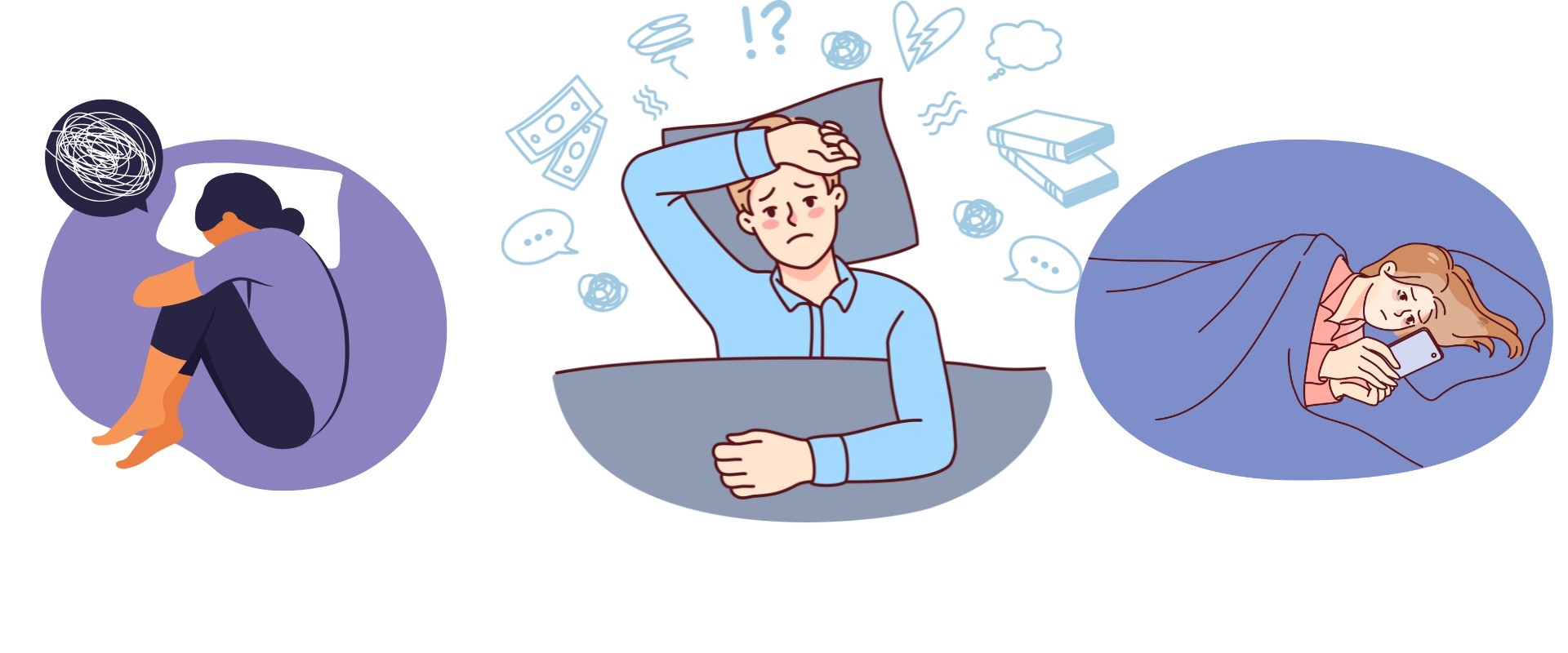Jet lag is a common condition that occurs when your body’s internal clock is disrupted due to traveling across multiple time zones. It can leave you feeling fatigued, disoriented, and affect your overall well-being. However, there are several strategies you can employ to minimize the effects of jet lag and help your body adjust to the new time zone efficiently. This blog provides eight practical tips and suggestions to overcome jet lag effectively. Melatonin 10 mg and Restfine melatonin Tablet is a prescription medicine used in the treatment of insomnia and jet lag.
Understanding Jet Lag:
Jet lag occurs because your body’s circadian rhythms, which regulate sleep-wake cycles and other bodily functions, are temporarily out of sync with the local time at your destination. The severity of jet lag depends on factors such as the number of time zones crossed, the direction of travel, and individual differences in tolerance to time zone changes.
1. Gradually Adjust Sleep Schedule Before Travel
Start adjusting your sleep schedule a few days before your trip:
-
Eastward Travel: If traveling east, try going to bed earlier and waking up earlier each day leading up to your departure.
-
Westward Travel: For westward travel, gradually shift your bedtime later and wake up later.
This gradual adjustment can help ease the transition and minimize the shock to your circadian rhythms.
2. Stay Hydrated Before and During Flight
Dehydration can worsen the symptoms of jet lag. Drink plenty of water before and during your flight to stay hydrated. Avoid excessive caffeine and alcohol, as they can contribute to dehydration and disrupt your sleep patterns.
3. Adapt to Local Time Upon Arrival
Upon reaching your destination, try to adapt to the local time as quickly as possible:
-
Exposure to Natural Light: Spend time outdoors during daylight hours to help regulate your internal clock. Natural light exposure can help suppress melatonin production and signal your body that it’s time to be awake.
-
Avoid Napping: Resist the urge to take long naps upon arrival, as this can delay your adjustment to the new time zone. If you must nap, limit it to a short 20-30 minute nap to boost alertness without interfering with nighttime sleep.
4. Use Sleep Aids Wisely
Consider using sleep aids such as melatonin supplements or prescription medications under the guidance of a healthcare provider:
-
Melatonin: A natural hormone that regulates sleep-wake cycles. Taking melatonin supplements at the local bedtime of your destination can help signal your body to adjust to the new time zone.
-
Prescription Medications: In some cases, short-term use of prescription sleep medications may be appropriate to help you sleep during the adjustment period. Discuss options with your doctor before travel.
5. Create a Relaxing Sleep Environment
Ensure your sleep environment promotes restorative sleep:
-
Comfortable Bedding: Use comfortable pillows and bedding to create a cozy sleep environment.
-
Reduce Noise and Light: Use earplugs, eye masks, or white noise machines to block out disturbances that could disrupt your sleep.
6. Stay Active and Exercise
Engage in light physical activity and exercise during daylight hours:
-
Morning Exercise: Exercise in the morning can help boost your energy levels and promote daytime alertness.
-
Avoid Strenuous Exercise Before Bed: While exercise is beneficial, avoid vigorous workouts close to bedtime, as this can stimulate your body and make it harder to fall asleep.
7. Eat Light and Nutritious Meals
Maintain a balanced diet with regular, light meals:
-
Avoid Heavy Meals Before Bed: Large or heavy meals close to bedtime can cause discomfort and disrupt sleep. Opt for lighter meals in the evening.
-
Stay Mindful of Food Choices: Choose foods rich in nutrients that support sleep and overall health, such as complex carbohydrates, lean proteins, fruits, and vegetables.
8. Give Yourself Time to Adjust
Be patient with yourself as your body adjusts to the new time zone:
-
Plan Ahead: Allow for a day or two to adjust before engaging in important activities or meetings.
-
Be Flexible: Accept that some degree of fatigue or adjustment discomfort is normal and temporary.
Conclusion:
Jet lag can be challenging, but with proper planning and these practical tips, you can minimize its impact and enjoy your travel experiences more fully. By gradually adjusting your sleep schedule, staying hydrated, adapting to local time upon arrival, using sleep aids wisely, creating a relaxing sleep environment, staying active, eating well, and giving yourself time to adjust, you can help your body synchronize with the new time zone effectively.

